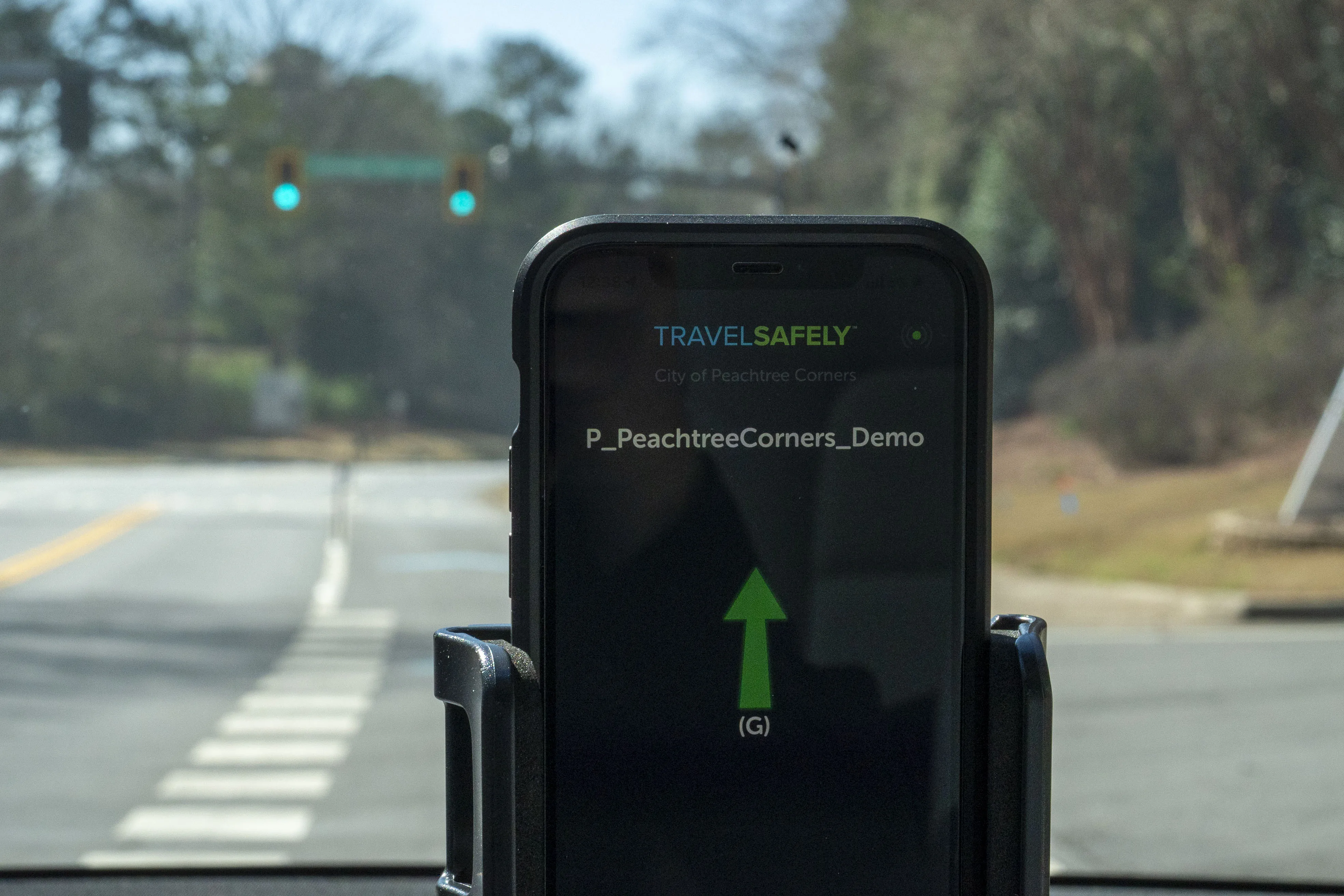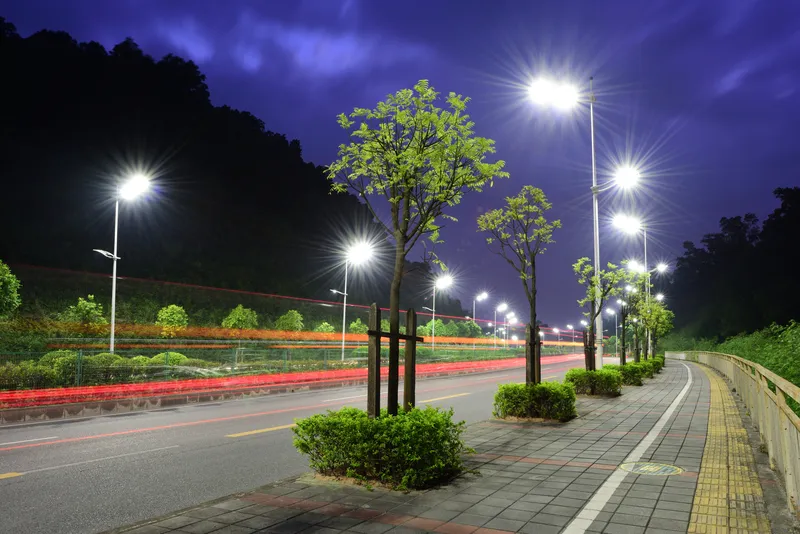German vehicle inspection organisation
The test area will open before the end of 2017and area will focus on R&D and early production testing, while the existing test ground at DEKRA in Klettwitz and the Lausitzring race track in Germany, recently acquired by DEKRA, will be set up for automotive systems, whole vehicle and infrastructure testing.
In addition to deploying actual vehicle to everything (V2X) devices, DEKRA will simulate scenarios using dedicated beacons and purpose-built software. Other test activities will include interoperability, performance and usability testing, as well as cyber security evaluations for the connected car. In addition, DEKRA has recently attained ISO 17025 accreditation for car safety technology eCall and ERA/GLONASS for testing in the lab and at customer premises.
The new test area, which will be over 50,000 sqm, when complete, is currently being constructed in the Andalusia Technology Park in Málaga.
DEKRA is also aiming to add further hubs in East Asia and the USA, while simultaneously developing test plans, innovative test tools, and fostering standardisation in the industry.
DEKRA builds test area for connected driving in Malaga, Spain
German vehicle inspection organisation DEKRA is building a connected car test area in Malaga, Spain, as part of its international testing network for connected and automated driving. The test area will open before the end of 2017and area will focus on R&D and early production testing, while the existing test ground at DEKRA in Klettwitz and the Lausitzring race track in Germany, recently acquired by DEKRA, will be set up for automotive systems, whole vehicle and infrastructure testing.
September 22, 2017
Read time: 2 mins










